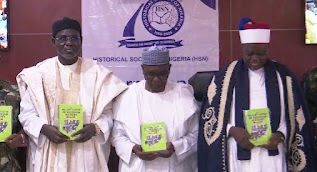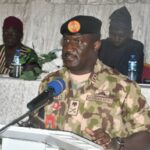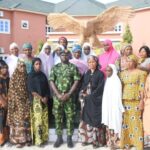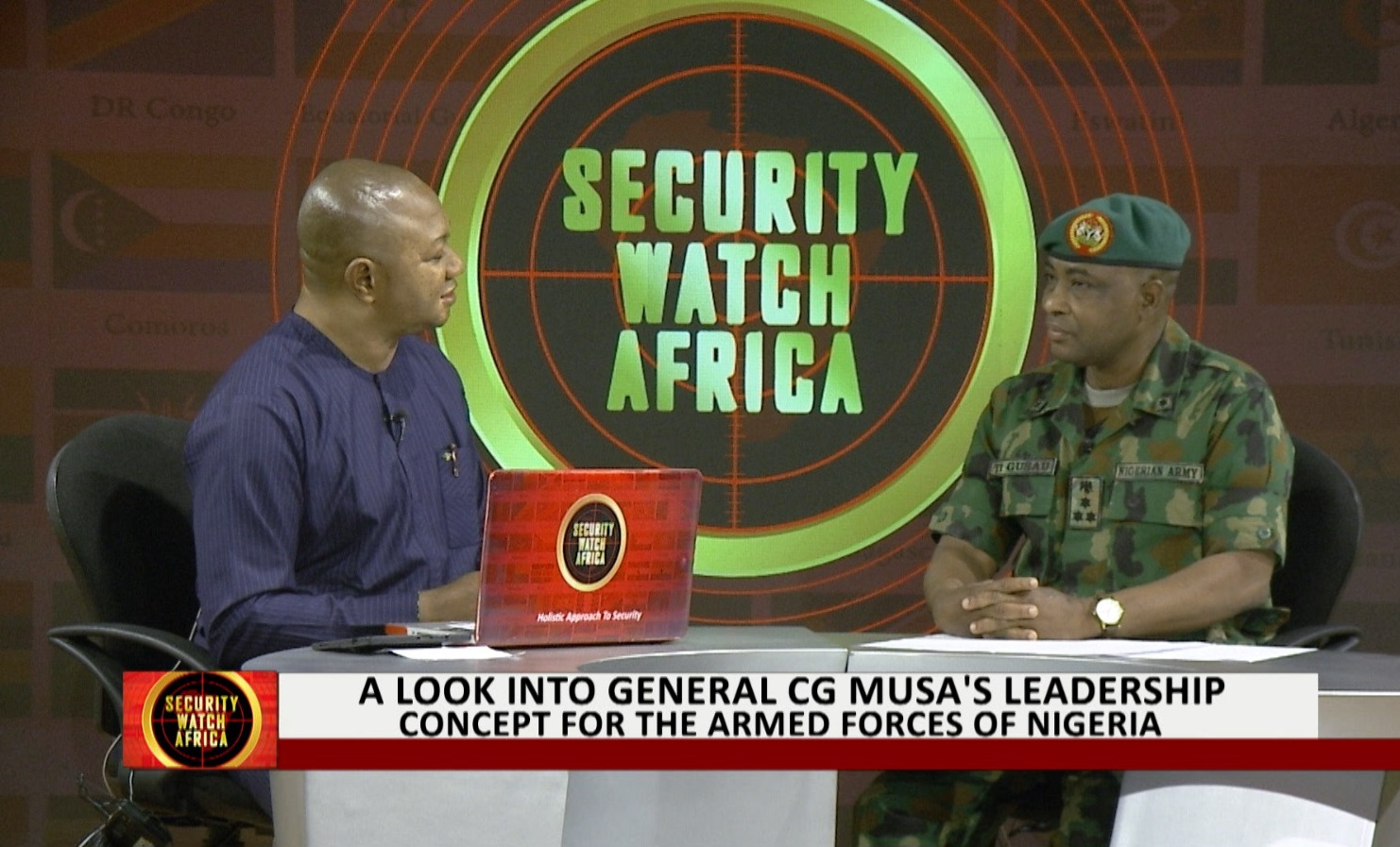By Augustine Ehikioya
An Elder Statesman and former Nigerian Head of State, General Yakubu Gowon (Rtd), has thrown his weight behind democratic governance in Nigeria.
Stressing that military rule must remain behind Nigeria, he said that democracy is preferable in spite of its imperfections.
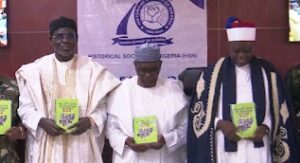
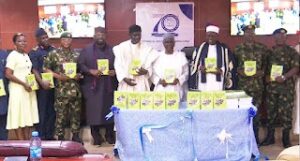
Gowon spoke in Abuja on Wednesday while chairing the launching of a book entitled “Military Factor in Nigerian History, 1960-2018”
The book was presented to the public by the Historical Society of Nigeria (HSN) as part of activities to mark it’s 70th anniversary.
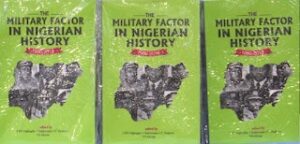
Noting that the military in the past regimes had contributed monumentally to the peace and economic development of the country, he said it must now continue to support the advancement of democracy and national development in Nigeria.
Gen Gowon said “The era of military governance is and must remain behind us. Democracy, despite its imperfections, provides the best framework for national development and popular participation.
“The armed forces must fully embrace their constitutional role as defenders of the nation’s territorial integrity, not as administrators or political actors,’’ he added.
The military factor in Nigerian history, he said, is neither a simple story of heroism nor villainy, describing it as a complex narrative of an institution that had been deeply intertwined with the country’s national journey.
He also pointed out that the question of whether the military has been a hero or villain in Nigeria’s development journey is perhaps the most contested.
“With the wisdom that comes from age and reflection, I believe the answer lies somewhere in between. On one hand, the military preserved national unity during the Civil War.
“We built infrastructure, created States to bring the government closer to the people, and at times restored order when civilian structures faltered.
“Our armed forces have distinguished themselves in peacekeeping operations across Africa and beyond. On the other hand, I must acknowledge that military rule stifled democratic development, sometimes violated civil liberties, and created structures that enabled corruption.
“The interruption of our democratic journey in 1966, 1983, and the annulment of the June 12, 1993 elections represented dark chapters in our history that we must confront honestly.
“However, by acknowledging these mistakes, we pave the way for a brighter, more democratic future,’’ he stated.
Describing the civil war in Nigeria as the most painful episode in Nigeria history, Gen Gowon said “but one ultimately reaffirmed our commitment to national unity.’’
To overcome the current security challenges in the country, the Elder Statesman said Nigeria needs a military that is technologically sophisticated and intelligence-driven.
Urging the armed forces to become more integrated with civilian institutions and society, he said the military should not stand away from the people, but should be seen as an essential component of the national fabric, working in tandem with civilian authorities.
He also advocated that the Nigerian military must continue to play a vital role in regional security while strengthening the nation’s defence capabilities.
“It is the task of the Service Chiefs and the top Military brass that have come to this occasion to personally read the book from cover to cover and be inspired by the rich history.” Gen Gowon advised.
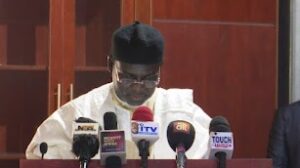
Speaking at the occasion, a former Chief of Army Staff, Lieutenant General Tukur Yesufu Buratai (rtd) called on governments at all levels, the private sector, and individuals to take steps to preserve invaluable aspects of Nigeria’s history, especially historical sites, which are crumbling under urbanization.
According to him, preserving history is not just about monuments and manuscripts but about honouring the living cultures, oral traditions, and indigenous knowledge systems that define the Nigerian people.
Buratai maintained that history is not just a relic of the past but a living and breathing force.
He commended the Historical Society of Nigeria’s leadership, the organizers of the event, for inspiring the engagement of stakeholders on the issue of history as part of activities to mark its 70th anniversary.
He said: “As we celebrate seven decades of scholarly dedication, we also confront urgent questions: How do we preserve our historical sites, which are crumbling under urbanization?; How do we engage a new generation of scholars?; and How do we ensure that this anniversary is not just a passing reflection?
“These invaluable aspects of our history must be preserved.
“Through events like the upcoming colloquium in Ibadan, Zaria, and Sokoto, we will also use this occasion to honour those who laid the foundation for our success.
“In this regard, I call on the government at all levels, the private sector, architects, and individuals to join us in this effort.
“Finally, let this book launch ignite a renewed passion for Nigeria’s story. Together, may we honour our past, engage our present, and empower our future generations to write their own chapters with wisdom and courage.” he stated.
The Acting President of the Society, Prof. Zara Kwaghe disclosed that the idea of the book was conceived at the 2024 annual conference of the association in recognition of the military’s major role in the unity and development of Nigeria.
She said that Nigeria military had been strategic in keeping the country together, urging Nigerians to keep supporting them.
She also urged the military to continue to do what they have been doing to help the nation stay together and move forward in peace.
The platinum celebration, she said, afforded an opportunity to reflect on the Society’s achievements, honour the contributions of pioneering historians and scholars who laid the foundation for the Society, and inspire future generations to carry forward the torch of historical inquiry and preservation.
She disclosed that the book was edited by Professors CBN Ogbogbo, a former President of the Society and the current Vice chancellor of Admiralty University Ibusa (ADUN), CCC Osakwe of blessed memory and VS Akran.



